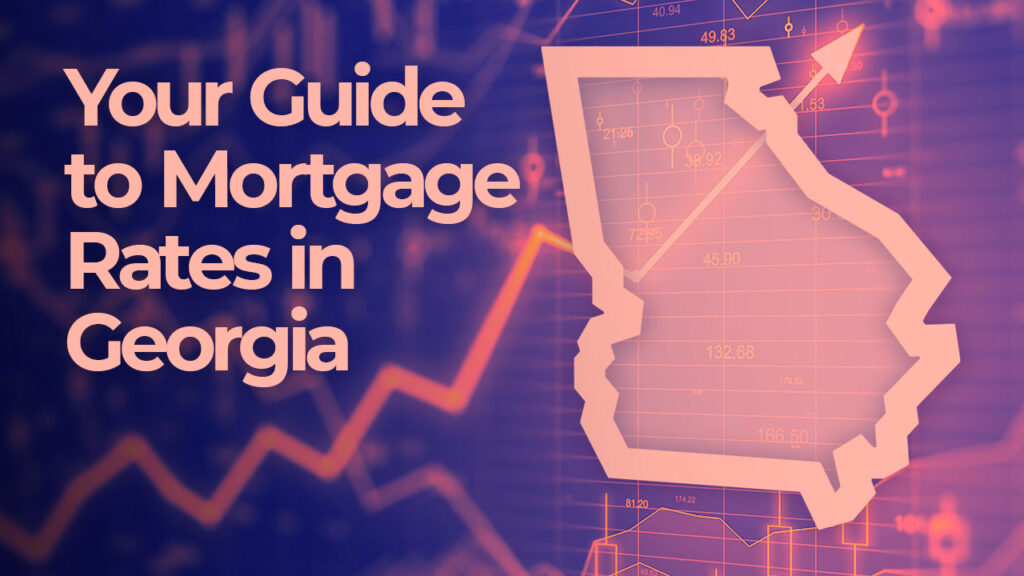Need a little extra cash to tide you over until payday? A small cash advance might seem like the answer, but it’s crucial to understand the implications before you borrow. This guide will walk you through everything you need to know to make an informed decision.
What is a Small Cash Advance?
A small cash advance is a short-term loan, typically for a small amount, designed to cover immediate expenses. They’re often used for unexpected costs or to bridge the gap between paychecks. 
Types of Small Cash Advances
Several options exist, including payday loans, cash advances on credit cards, and personal loans from banks or credit unions. Each has its own set of fees and repayment terms. Understanding these differences is key to choosing the best option for your situation. Learn more about payday loans.
Payday Loans: High-Interest, Short-Term
Payday loans are known for their high-interest rates and short repayment periods. While convenient for immediate needs, they can quickly become a financial burden if not managed carefully. Check out this comparison of payday loan providers.
Cash Advances on Credit Cards: Convenience with a Cost
Using your credit card’s cash advance feature can be tempting, but these advances usually come with high fees and interest rates, often higher than regular purchases. Be sure to understand the terms and conditions before proceeding. 
Personal Loans: A More Affordable Option
Personal loans from banks or credit unions offer more manageable interest rates and repayment terms compared to payday loans or credit card cash advances. They might require a credit check, however. Explore personal loan options here.
Checking Your Credit Score
Your credit score significantly impacts your eligibility for loans and the interest rates offered. It’s a good idea to check your credit report before applying for a cash advance to see where you stand. Access your free credit report here.
Understanding APR (Annual Percentage Rate)
The APR represents the annual cost of borrowing. Always compare the APRs of different loan options to choose the most affordable one. A lower APR means less interest paid over time.
Fees and Charges
Beyond the interest rate, many cash advance options come with additional fees, such as origination fees, late payment fees, and early repayment penalties. Make sure you fully understand these charges before committing to a loan.
Repayment Terms
Carefully review the loan’s repayment schedule. Ensure that the monthly payments are affordable and fit within your budget. Missing payments can lead to further fees and damage your credit score.
Choosing the Right Lender
Research different lenders and compare their rates, fees, and terms. Be wary of lenders who promise quick approval without verifying your financial situation.
Avoiding Predatory Lenders
Predatory lenders target vulnerable individuals with extremely high-interest rates and deceptive practices. Be vigilant and research lenders thoroughly before agreeing to a loan. 
Budgeting and Financial Planning
Before applying for a cash advance, create a budget to understand your income and expenses. This will help you determine how much you can afford to borrow and repay.
Alternatives to Cash Advances
Before resorting to a cash advance, explore other options, such as negotiating with creditors for extended payment deadlines, borrowing from friends or family, or selling unused items.
The Importance of Responsible Borrowing
Borrowing responsibly is crucial. Only borrow what you need and can realistically repay. Avoid taking on multiple cash advances simultaneously, as this can quickly lead to financial distress. Learn about responsible debt management.
Consequences of Defaulting on a Loan
Failing to repay a loan on time can have severe consequences, including damage to your credit score, debt collection efforts, and potential legal action.
Building Good Financial Habits
Cultivating good financial habits, such as budgeting, saving, and avoiding unnecessary debt, will help you avoid needing cash advances in the future.
Conclusion
Getting a small cash advance can be a helpful solution in emergencies, but it’s essential to approach it with caution and a thorough understanding of the terms and conditions. By carefully comparing options, understanding the associated costs, and borrowing responsibly, you can navigate this process effectively. Find more financial literacy resources here.
Frequently Asked Questions
What is the maximum amount I can borrow with a cash advance? The maximum amount varies depending on the lender and your financial situation. Some lenders may offer a few hundred dollars, while others offer more.
How quickly can I get the money? The disbursement time varies by lender. Some may provide funds within a few hours, while others may take a few days.
What happens if I can’t repay the loan? Failure to repay a loan on time can result in late payment fees, damage to your credit score, and debt collection actions. It is crucial to contact the lender immediately if you anticipate difficulties repaying.
Are there any alternatives to cash advances? Yes, consider negotiating with creditors, borrowing from family or friends, or exploring budgeting apps to better manage your expenses.
What factors affect my approval chances? Your credit score, income, and employment history are key factors. Lenders assess your ability to repay the loan before approval. Learn more about improving your credit score.


